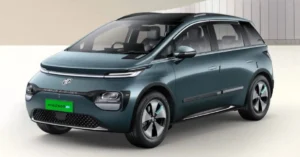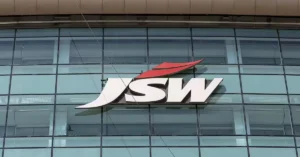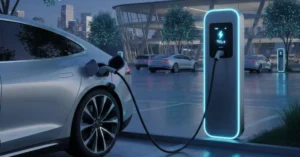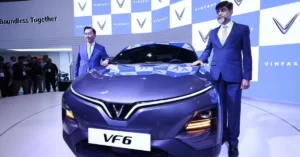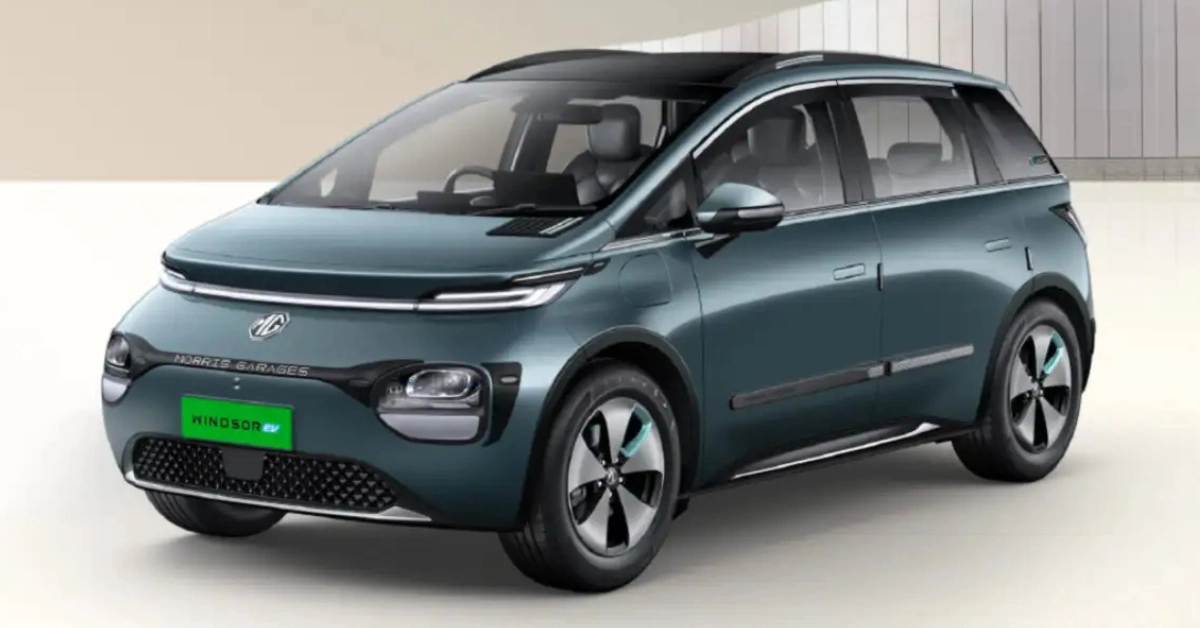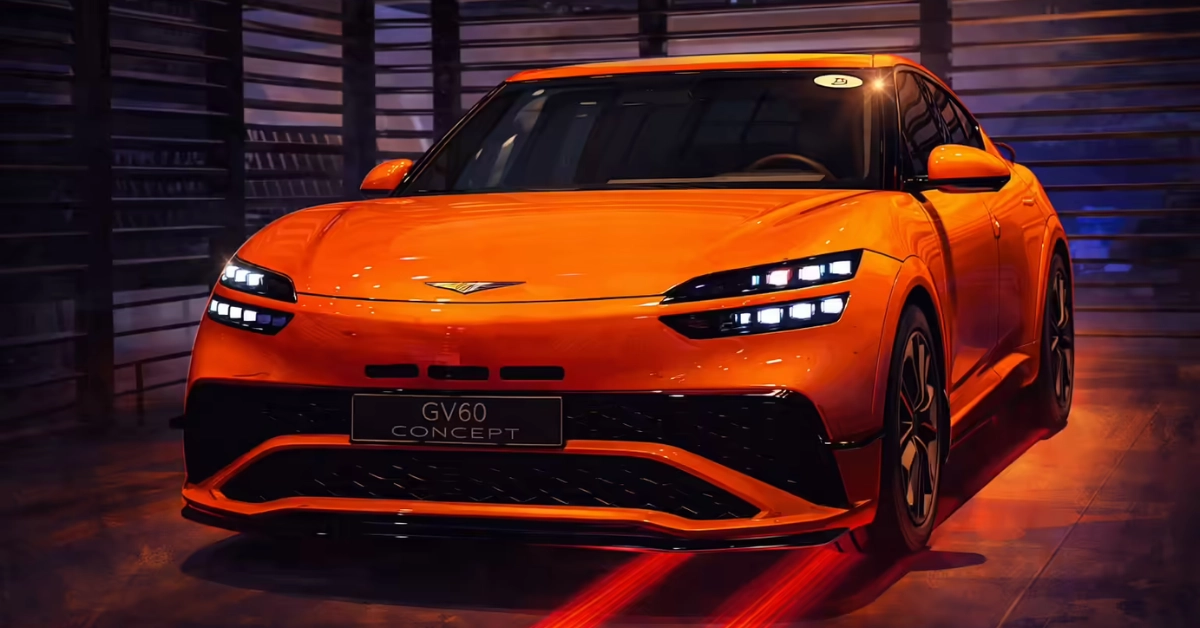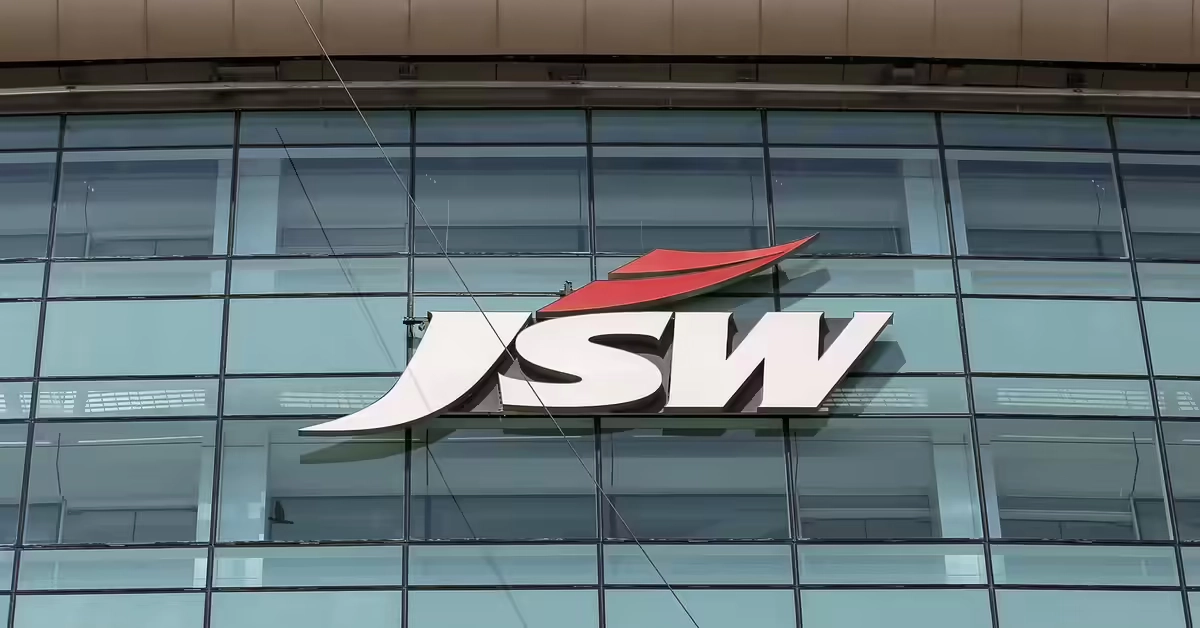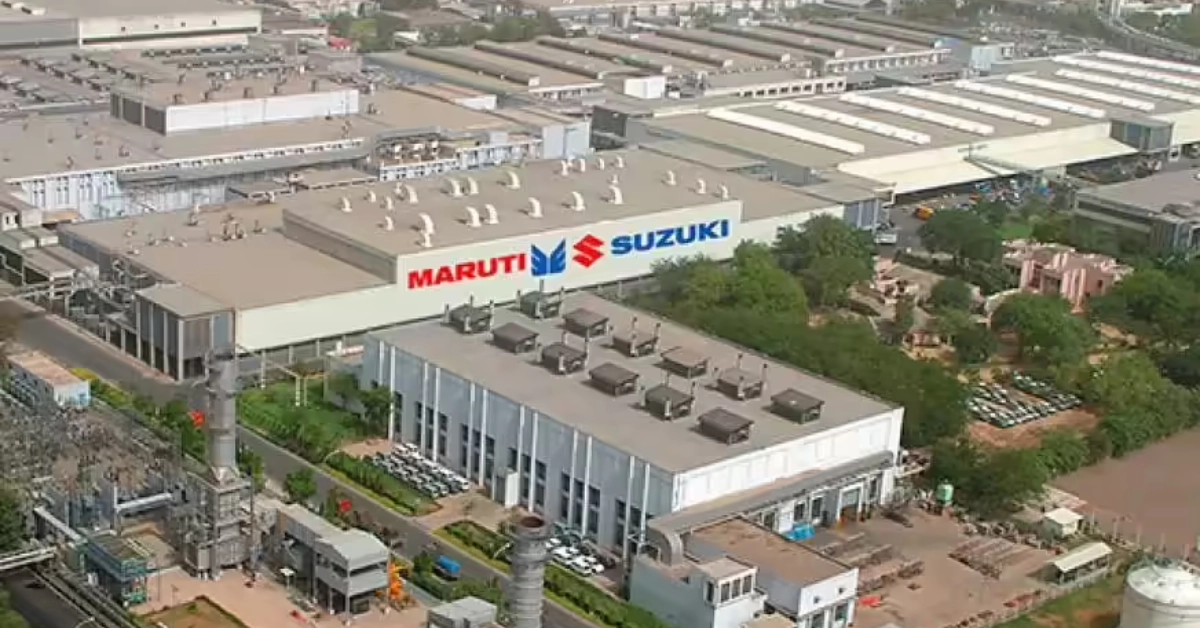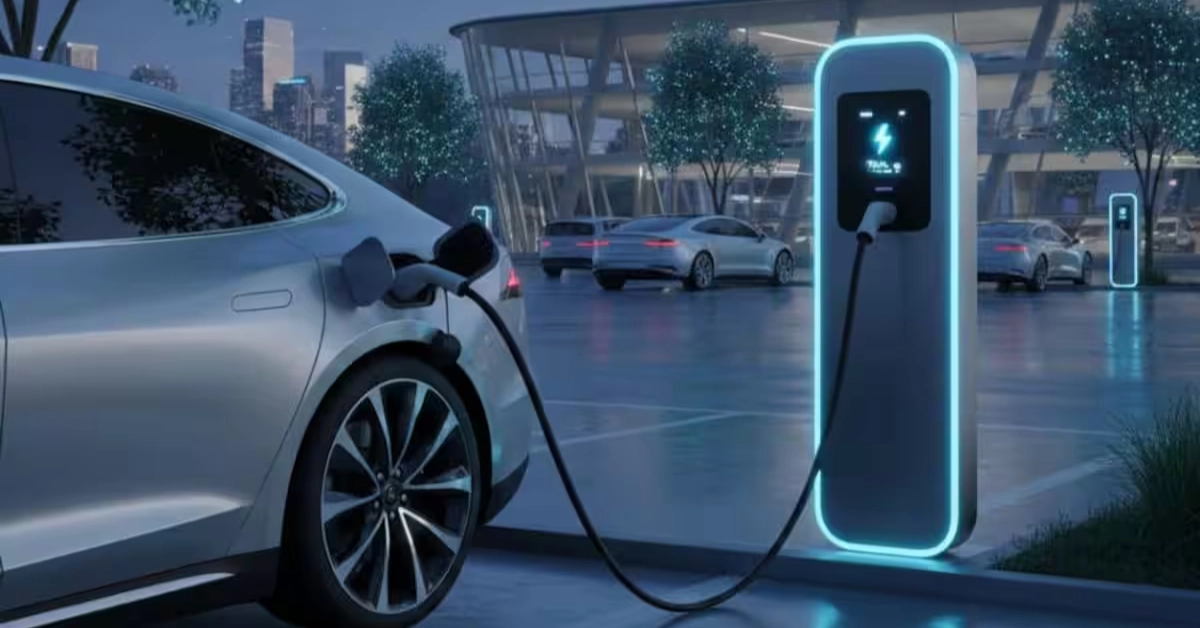
Overview
- Scale of Recall: China’s BYD initiates its largest-ever recall of 115,000 vehicles in the domestic market, targeting design flaws and battery risks in models from 2015–2022.
- Affected Models: Includes ~44,500 Tang series (electric/hybrid) due to faulty drive motor controllers causing potential power loss; ~71,200 Yuan Pro (electric/hybrid) for battery seal issues allowing water ingress and reduced power.
- Safety Fixes: Free dealership repairs: special sealant for battery waterproofing; no cost to owners, restoring functionality and eliminating risks.
- Market Context: Highlights concerns over BYD’s aggressive low-cost model amid China’s EV dominance, driven by subsidies, as European firms struggle with price competition.
- EU Response: Tariffs up to 35% on Chinese EVs since last year to protect local manufacturers from undercutting.
- Broader Safety Trends: Echoes Xiaomi SU7 fatal accident in April; parallels global worries over Tesla’s sensor-dependent door handles failing in emergencies.
- Regulatory Evolution: China proposes mandatory mechanical door releases for all passenger vehicles to address EV-specific vulnerabilities.
BYD’s Record Recall: 115,000 EVs Under Scrutiny Amid Safety and Pricing Scrutiny
Shanghai, October 17, 2025 – Chinese electric vehicle giant BYD (Build Your Dreams) is facing its biggest test yet, recalling 115,000 vehicles in China due to design defects and battery safety risks—a move that spotlights vulnerabilities in its low-cost strategy. The recall, announced by China’s State Administration for Market Regulation, affects the Tang series and Yuan Pro models (both electric and hybrid variants produced from 2015 to 2022), raising questions about quality in an industry where Beijing’s subsidies have propelled China to EV supremacy, often at the expense of global competitors.
The Recall Breakdown: Models and Risks
The massive action targets two key lines: approximately 44,500 Tang series vehicles face a faulty drive motor controller prone to circuit board corrosion, potentially leading to sudden loss of electric power—a hazard in high-speed or adverse conditions. Separately, 71,200 Yuan Pro units suffer from improperly installed battery seals, permitting water infiltration that could degrade output and heighten fire risks in wet environments.
“BYD Auto Industry Co., Ltd. will authorise its dealerships to apply a special sealant to reinforce the battery casing for free on affected vehicles, restoring waterproofing and eliminating the safety risk,” stated the regulator, ensuring no out-of-pocket expenses for owners. This proactive fix underscores BYD’s commitment, but the scale—its largest ever—has sparked debates on whether price wars are sacrificing standards.
China’s EV Dominance: Subsidies vs. Safety Scrutiny
China’s reign in the global EV arena owes much to generous state subsidies and early bets on electric tech, outpacing rivals before they caught up. This has left European automakers scrambling to match BYD’s pricing, prompting the EU to levy tariffs up to 35% on Chinese EVs since 2024 to shield homegrown brands. Yet, for consumers, the race to the bottom raises red flags: undercutting often means thinner margins, potentially skimping on rigorous testing.
This recall isn’t isolated. In April, Xiaomi’s SU7 drew backlash after a crash killed three occupants, spotlighting quality gaps in China’s rapid EV expansion. “The push to keep prices down is ringing warning bells as safety issues crop up,” notes industry observers, echoing broader concerns in a market where BYD alone sold over 3 million units last year.
Not Just China: Global EV Safety Echoes
Safety lapses transcend borders. Regulators worldwide have flagged Tesla’s electric door handles, reliant on sensors and power, which could jam in fires or outages—unlike traditional mechanical ones. This flaw has spread to mimics like Xiaomi, prompting China to mandate accessible mechanical releases for all passenger vehicles, both inside and out. Such reforms signal a maturing industry, but they also highlight how EV innovations, while groundbreaking, introduce novel hazards.
Implications for India and Global Markets
In India, where BYD is establishing a presence amid 6% EV penetration, this recall serves as a cautionary tale. With subsidies like FAME-III and PLI schemes fueling local production, Indian firms like Tata and Mahindra must prioritize safety to avoid similar pitfalls. Globally, as EV sales surge toward $2 trillion by 2030, recalls like this underscore the need for balanced growth: innovation without compromise.
BYD, undeterred, maintains its vehicles exceed standards, but this episode tests its low-cost ethos. As fixes roll out, it remains a pivotal moment for China’s EV juggernaut—and a reminder that in the race to electrify, safety must shift into top gear.
Source: euronews.com
Read more about EV Car News
Also Read
- MG Windsor Big Discounts Jan 2026: First-Ever Offers Make It Cheaper Than Launch Price
- JSW Motors To Enter Passenger Car Space In June With Rs 45 Lakh Plug-In Hybrid SUV
- Maruti Suzuki Second Car Plant Gujarat Investment: ₹4,960 Crore for 10 Lakh Unit Capacity
- India’s EV Sales Reach 2.3 Million Units in 2025, 8 Percent of New Vehicles: Strong Growth Led by Two-Wheelers
- VinFast Off to a Fast Start, Crosses 1k EV Sales in India: Milestone in Just Four Months
- What Happens To EV Battery After End-Of-Life?
